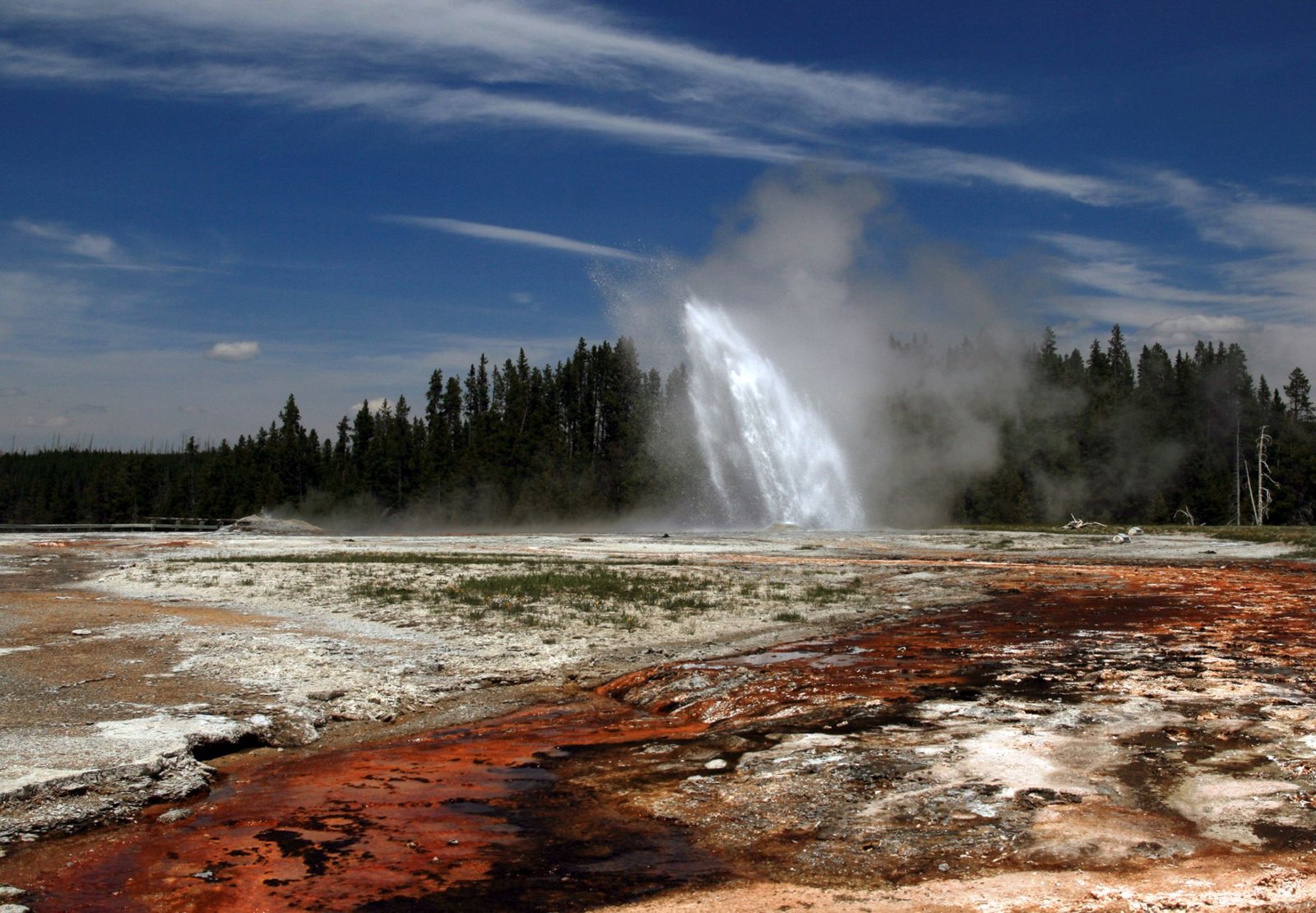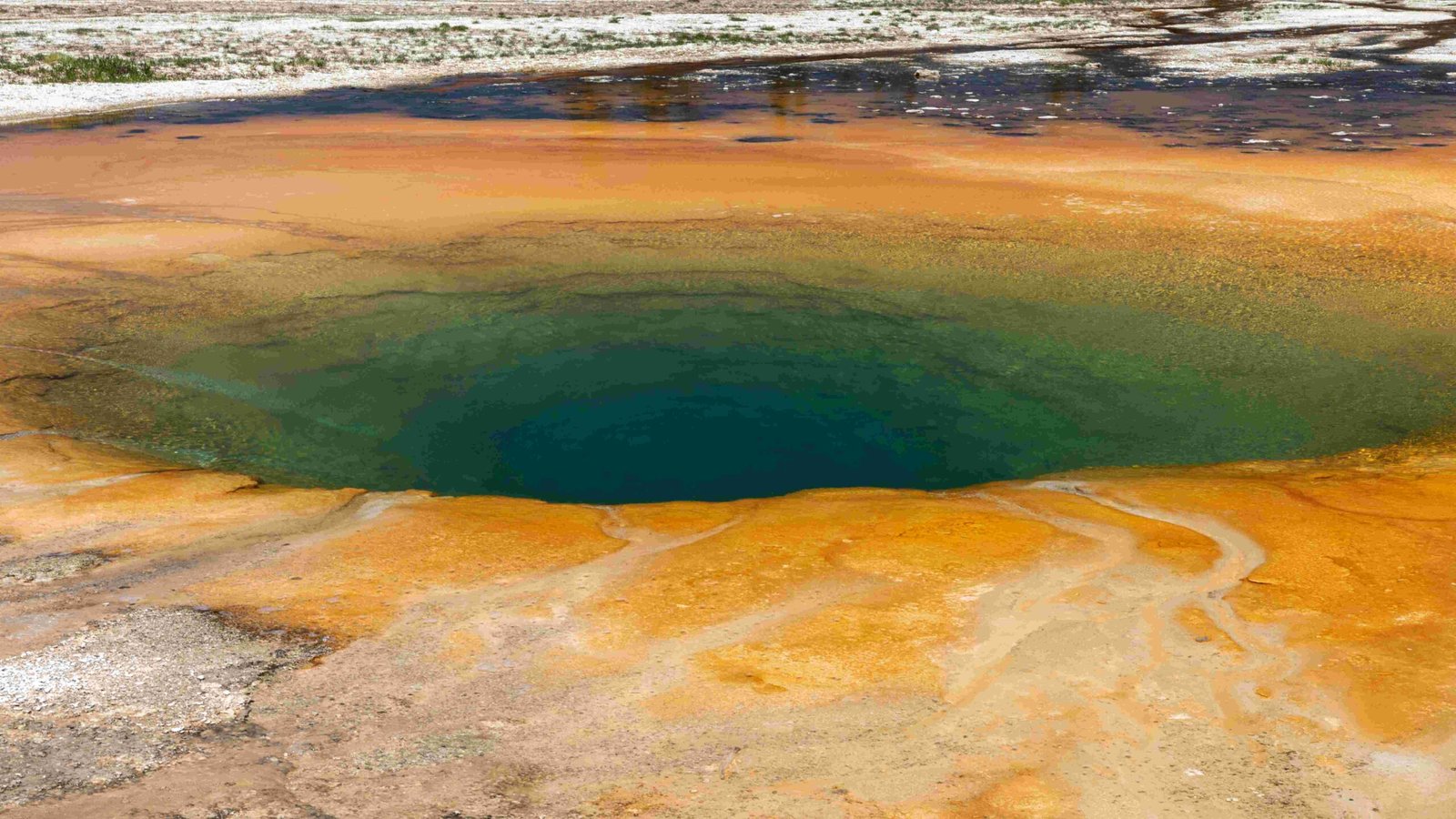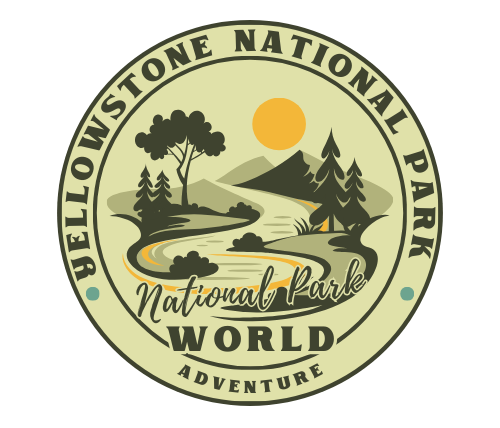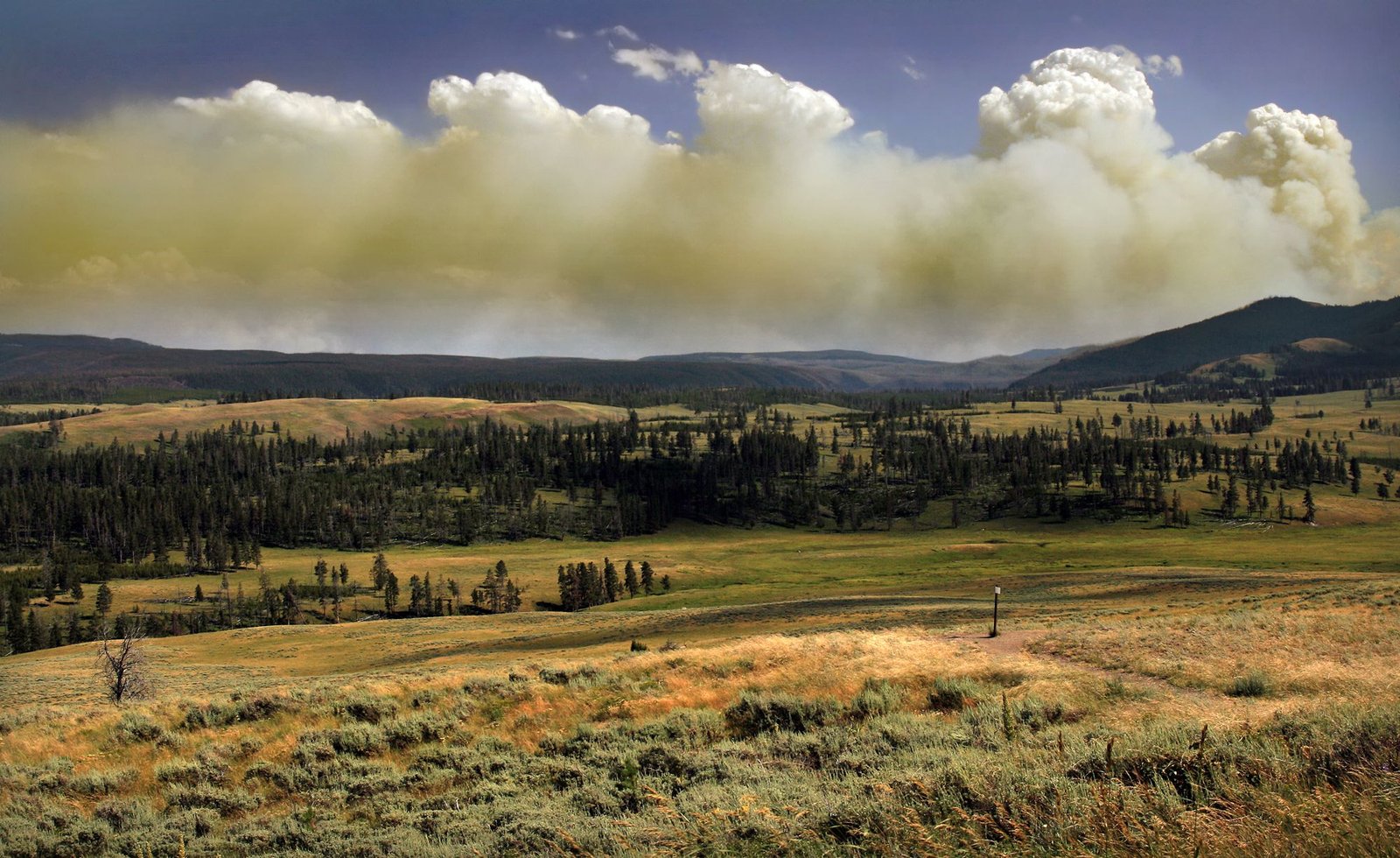Yellowstone National Park is home to a diverse array of bird species, with over 300 species recorded. The park’s varied habitats, ranging from sagebrush plains to alpine meadows, provide ideal conditions for both resident and migratory birds. Visitors can observe iconic species such as Bald Eagles, Osprey, and Trumpeter Swans, as well as numerous songbirds and waterfowl throughout the year.
What Types of Birds Can Be Found in Yellowstone National Park?

Yellowstone National Park boasts a rich avian diversity, with birds adapted to various ecosystems within the park. Here’s an overview of the types of birds you can expect to encounter:
- Raptors (Birds of Prey)
- Bald Eagle
- Golden Eagle
- Osprey
- Red-tailed Hawk
-
Great Horned Owl
-
Waterfowl
- Trumpeter Swan
- Canada Goose
- Mallard
-
Common Merganser
-
Shorebirds and Waders
- Sandhill Crane
- Great Blue Heron
-
American Dipper
-
Songbirds
- Mountain Bluebird
- Western Tanager
- Yellow Warbler
-
American Robin
-
Game Birds
- Dusky Grouse
-
Ruffed Grouse
-
Corvids
- Common Raven
- Black-billed Magpie
- Clark’s Nutcracker
Where Are the Best Birdwatching Spots in Yellowstone?

Yellowstone offers numerous prime locations for birdwatching. Here are some of the best spots:
- Hayden Valley
- Known for: Sandhill Cranes, Bald Eagles, waterfowl
-
Best time: Spring and summer
-
Lamar Valley
- Known for: Raptors, including Golden Eagles and Osprey
-
Best time: Year-round
-
Mammoth Hot Springs
- Known for: Mountain Bluebirds, Western Tanagers
-
Best time: Spring and summer
-
Yellowstone Lake
- Known for: Osprey, Bald Eagles, waterfowl
-
Best time: Spring through fall
-
Old Faithful Area
- Known for: American Dippers, Mountain Chickadees
- Best time: Year-round
When Is the Best Time to See Migratory Birds in Yellowstone?
The best times to observe migratory birds in Yellowstone National Park are:
- Spring Migration (April to May)
- Many species return to breed
-
First arrivals include Mountain Bluebirds and Western Meadowlarks
-
Summer Breeding Season (June to August)
- Peak activity for most bird species
-
Nesting and fledgling periods
-
Fall Migration (September to October)
- Birds prepare for southern migration
- Opportunity to see late-season fledglings
| Season | Key Species | Activity |
|---|---|---|
| Spring | Mountain Bluebird, Western Tanager | Arrival, courtship |
| Summer | Osprey, Sandhill Crane | Nesting, feeding young |
| Fall | Various waterfowl | Preparing for migration |
| Winter | Bald Eagle, Common Raven | Year-round residents |
What Are Some Rare or Unique Birds Found in Yellowstone?
Yellowstone is home to several rare or unique bird species:
- Trumpeter Swan
- Conservation status: Recovering
- Habitat: Wetlands and lakes
-
Best viewing: Swan Lake, Hayden Valley
-
Harlequin Duck
- Unique feature: Colorful plumage
- Habitat: Fast-moving streams
-
Best viewing: LeHardy Rapids
-
American Dipper
- Unique feature: Aquatic songbird
- Habitat: Fast-moving streams
-
Best viewing: Firehole River, Gardner River
-
Peregrine Falcon
- Conservation status: Recovered from endangered status
- Habitat: Cliffs and canyons
-
Best viewing: Mount Washburn area
-
Great Gray Owl
- Unique feature: Largest owl in North America
- Habitat: Dense forests
- Best viewing: Northern parts of the park
How Can Visitors Contribute to Bird Conservation in Yellowstone?
Visitors can play a crucial role in bird conservation efforts at Yellowstone National Park:
- Follow Park Guidelines
- Maintain a distance of at least 25 yards from birds and nests
-
Stay on designated trails to avoid disturbing habitats
-
Participate in Citizen Science
- Join bird counts organized by the park
-
Report rare bird sightings to park rangers
-
Practice Responsible Photography
- Use long lenses to avoid getting too close
-
Never bait or call birds for photos
-
Support Conservation Programs
- Donate to Yellowstone’s bird conservation efforts
-
Purchase bird-related merchandise from park stores
-
Educate Others
- Share knowledge about Yellowstone’s birds with fellow visitors
- Encourage responsible birdwatching practices
By following these guidelines, visitors can help ensure the continued health and diversity of bird populations in Yellowstone National Park.
What Equipment Should Birdwatchers Bring to Yellowstone?
Essential equipment for birdwatching in Yellowstone includes:
- Binoculars (8×42 or 10×42 recommended)
- Field guide to birds of the Rocky Mountains
- Camera with telephoto lens
- Spotting scope for distant viewing
- Weather-appropriate clothing (layers recommended)
- Comfortable, waterproof hiking boots
- Notebook and pen for recording observations
- Water and snacks for long outings
- Sun protection (hat, sunscreen, sunglasses)
- Park map and bird checklist (available at visitor centers)
Remember to pack out all trash and follow Leave No Trace principles while birdwatching in the park.

